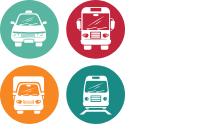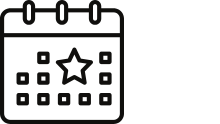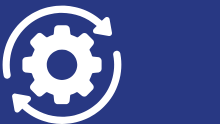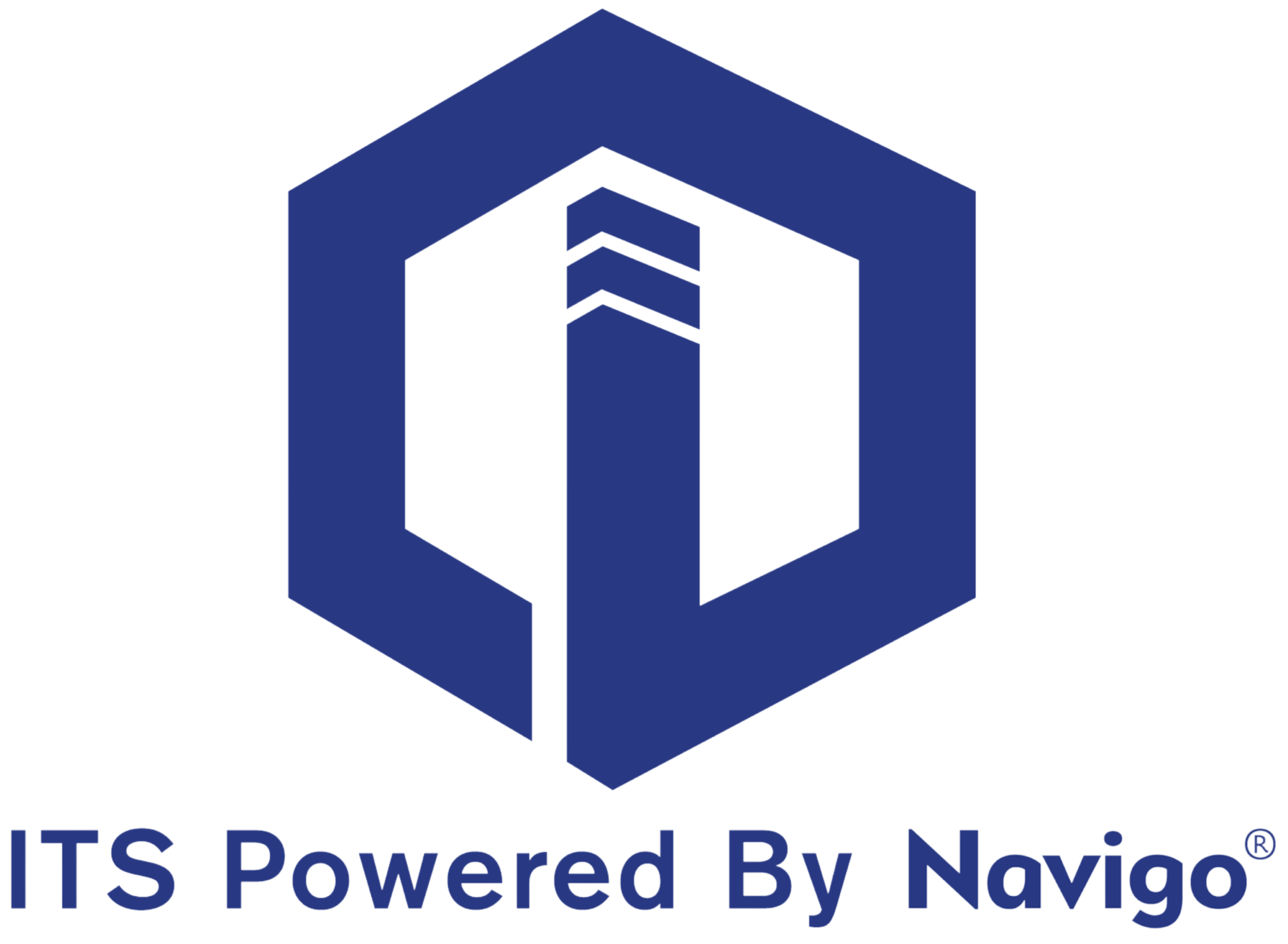Why Time-Based Scheduling Works

Digital signage thrives when it delivers content that’s both timely and useful. When messages align with the needs and behaviors of your audience at specific times, they’re more likely to notice, remember, and act on them. Instead of blasting generic content all day long, a strategically scheduled playlist turns your signage into a dynamic, smart communication tool.
Real-World Applications of Time-Based Digital Signage
Let’s explore how different types of content can be scheduled throughout the day to maximize their relevance:
1. Morning and Afternoon Transit Information

In high-traffic buildings like corporate campuses, transportation hubs, or residential complexes, mornings and late afternoons are peak times for commuting. Scheduling transit updates — such as bus or train departure times, rideshare wait times, or traffic conditions — from 6 AM to 9 AM and again from 4 PM to 7 PM helps busy commuters make smarter travel decisions.
Example:
At a tech company HQ, digital signage near the lobby and exits shows TransitAccess® live public transit schedules and shuttle locations during commuting hours. Outside those hours, the screens automatically shift to other content like company updates or event promos.
2. Lunch Specials and Food Promotions

For venues with on-site dining or nearby eateries, scheduling lunch-related content during peak meal hours can directly drive foot traffic and sales. From 11 AM to 2 PM, showcase lunch specials, limited-time promotions, or featured menu items.
Example:
A digital sign in a hospital cafeteria rotates breakfast options in the morning, transitions to lunch combos around noon, and displays healthy dinner-to-go packs after 5 PM — all automatically scheduled and tailored to match customer needs throughout the day.
3. Building Announcements and Reminders

General announcements — like maintenance updates, room availability, or facility rules — are best scheduled during mid-morning or mid-afternoon when foot traffic is steady, but not at its peak. This ensures that messages are seen without competing with urgent, time-sensitive content like transit info or emergency alerts.
Example:
A university uses digital signage in academic buildings to display reminders about class registration, deadlines, and building closures between 10 AM and 3 PM, avoiding high-traffic periods where students are mostly on the move.
4. Event and Meeting Notifications

Event promotions are most effective when displayed just ahead of and during the event time. For example, screens can promote an upcoming seminar throughout the morning, then shift to real-time updates such as room changes or “event starting soon” messages as the event approaches.
Example:
In a coworking space, digital signs near elevators automatically show today’s conference room schedule in the morning, followed by real-time meeting countdowns and directions during the afternoon, then switch to happy hour and social event promotions by 5 PM.
Efficiency Through Automation

Scheduling content based on the time of day doesn’t require manual updates if you’re using a robust content management system (CMS) like NavigoCloud which allows you to create playlists and schedule them by hour, day, or even according to weather and traffic data.
This automation:
-
Saves time for staff
-
Reduces errors from manual updates
-
Keeps messaging fresh and relevant
-
Improves user experience and engagement
The Key Takeaway
Time-based scheduling transforms digital signage from static screens into intelligent, responsive communication channels. By anticipating what your audience needs at each moment of the day, you create a more helpful, more relevant experience that captures attention — and delivers real results. Whether you’re guiding commuters, promoting food specials, or announcing events, aligning your content with your audience’s routine ensures your screens are always talking when people are ready to listen.
Explore itouchinc.com for more information on our solutions or contact us for needs unique to your property or project.
|


